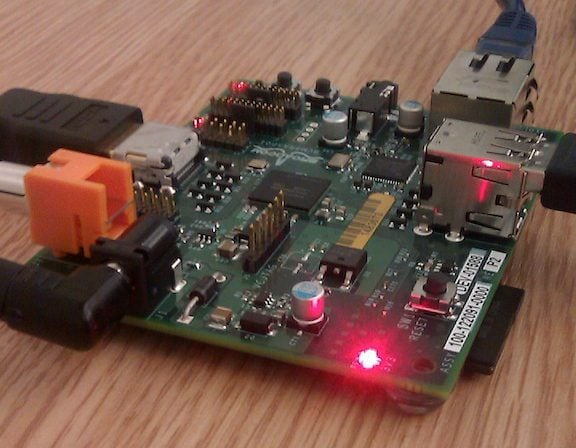The Raspberry Pi computer is one of the most interesting computing phenomena in recent years.
This isn’t because of the Raspberry Pi’s complexity. A Raspberry Pi is extremely simple. They are simple, single-board computers.
Originally, the Raspberry Pi was developed in the United Kingdom for educational uses. They are still commonly used for teaching about computing basics, but their compact size and simplicity of use mean they can be used for robotics, home automation, and even some simple products like cameras and media players.

A Raspberry Pi does not come with any peripherals, or even a case. One of the goals of the Raspberry Pi Foundation, the original developers of these compact computers, is to open up computing to everyone, everywhere, so the lack of peripherals makes it much cheaper to help accomplish this.
This opens up a lot of opportunities for custom creating your Raspberry Pi case. Their small size and simple construction means it’s easy to design a functional and even fun case for your new Raspberry Pi.
Designing one of these cases can be a nice start to your own Raspberry Pi project, whether you’re planning on using it for home automation or robotics or as a way to learn a new set of skills. 3D printing opens up a lot unique customization opportunities that mean you can make the Raspberry Pi case you want or need.
You can find dozens of Raspberry Pi projects at the Raspberry Pi Foundation’s blog. Notice that the computers either use custom hand-built cases or blocky plastic cases. In the case of custom cases, it can take a lot of time to build one and the measurements are easy to get wrong as you figure out what bit goes where. As for the plastic block cases, well, that’s boring. If you’re building your own computer, there’s no reason to settle for the ordinary.
If you are using your Raspberry Pi for a specialized purpose, you can custom design a case that fits just how you want it. Using it for a drone, flying or rolling? 3D print a light tough case that fits just where you need it.
If you are using a Raspberry Pi to learn about computing, designing a case is a good addition. Coding can only be done on hardware, which needs to be adequately protected from dust and damage with a case.
A good case allows for adequate ventilation and proper access to important ports. With 3D printing, once you have these accounted for in the design, the sky is the limit. Since you’re learning one new technology, why not try to learn another as well with 3D printing design?
At Jawstec, we know all the ins and outs of 3D printing so you can get the custom designed and printed Raspberry Pi case you want. We love new technology and helping others learn all about it, so our knowledgeable experts are happy to help. Contact us today to get a design quote for your custom 3D printed Raspberry Pi case design.